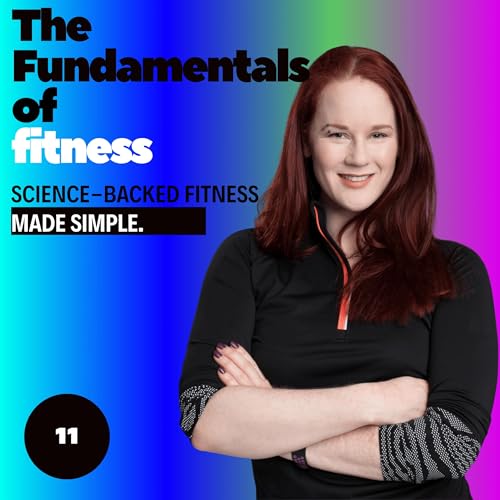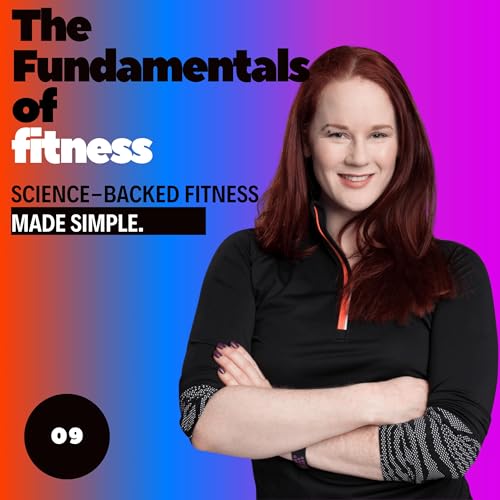Think rest days are lazy? Think again.
In this episode, Alison breaks down why recovery isn’t the opposite of progress — it is progress.
Learn the science behind rest, sleep, and stress management, and discover how proper recovery transforms your training, energy, and mindset. From understanding hormones and adaptation to knowing when to pause before burnout hits, this episode is your complete guide to recharging like an athlete — even if you’re juggling real life.
🎯 Topics include:
The truth about overtraining and under-recovery
The science of rest, sleep, and stress hormones
Recovery for athletes vs everyday people
How to build your personal recovery framework
💜 Action Step: Take one intentional recovery day this week — a full day to recharge, refuel, and rest without guilt. Notice how your body and brain feel the next day.
For more science-backed fitness coaching, visit www.abperformance.training or follow Alison on social media @abperformancetraining.
🎧 Subscribe and share this episode with someone who needs the reminder: recovery isn’t quitting — it’s part of your comeback.
---
📚 References
Bishop, P.A., Jones, E. and Woods, A.K. (2008) ‘Recovery from training: a brief review’, Journal of Strength and Conditioning Research, 22(3), pp. 1015–1024.
Kellmann, M. and Beckmann, J. (2018) Recovery and Well-Being in Sport and Exercise. London: Routledge.
Fullagar, H.H.K. et al. (2015) ‘Sleep and athletic performance: The effects of sleep loss on exercise performance, and physiological and cognitive responses to exercise’, Sports Medicine, 45(2), pp. 161–186.
Roberts, L.A., Raastad, T., Markworth, J.F., Figueiredo, V.C., Egner, I.M., Shield, A., Cameron-Smith, D. and Coombes, J.S. (2015) ‘Post-exercise cold water immersion attenuates acute anabolic signalling and long-term adaptations in muscle to strength training’, Journal of Physiology, 593(18), pp. 4285–4301.
Halson, S.L. (2014) ‘Monitoring training load to understand fatigue in athletes’, Sports Medicine, 44(2), pp. 139–147.
Leeder, J., Glaister, M., Pizzoferro, K., Dawson, J. and Pedlar, C. (2012) ‘Sleep duration and quality in elite athletes measured using wristwatch actigraphy’, Journal of Sports Sciences, 30(6), pp. 541–545.
Samuels, C. (2008) ‘Sleep, recovery, and performance: The new frontier in high-performance athletics’, Neurologic Clinics, 26(1), pp. 169–180.
 27 分
27 分 22 分
22 分 23 分
23 分 29 分
29 分 31 分
31 分 23 分
23 分 32 分
32 分 2025/09/1529 分
2025/09/1529 分
